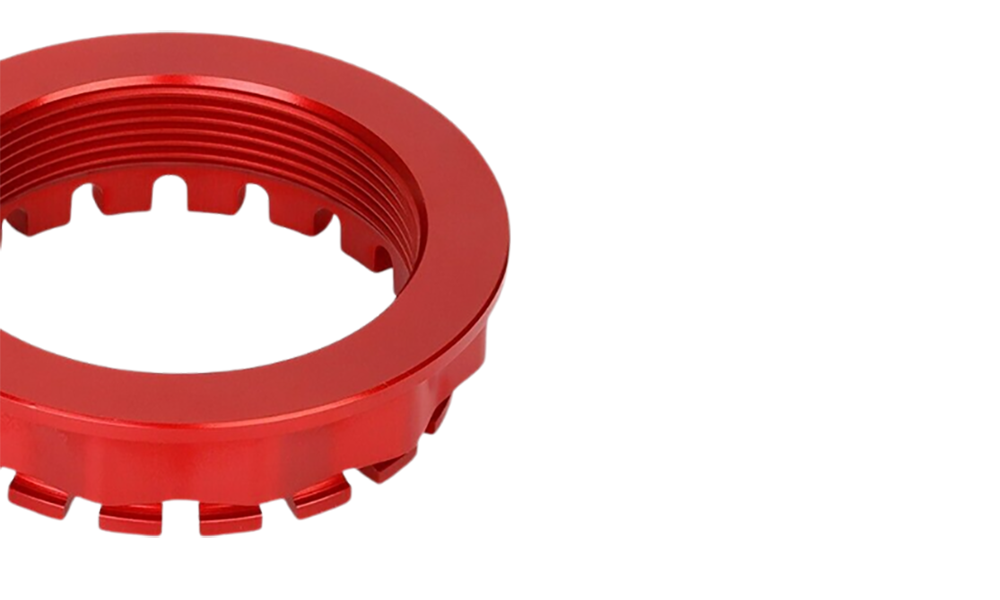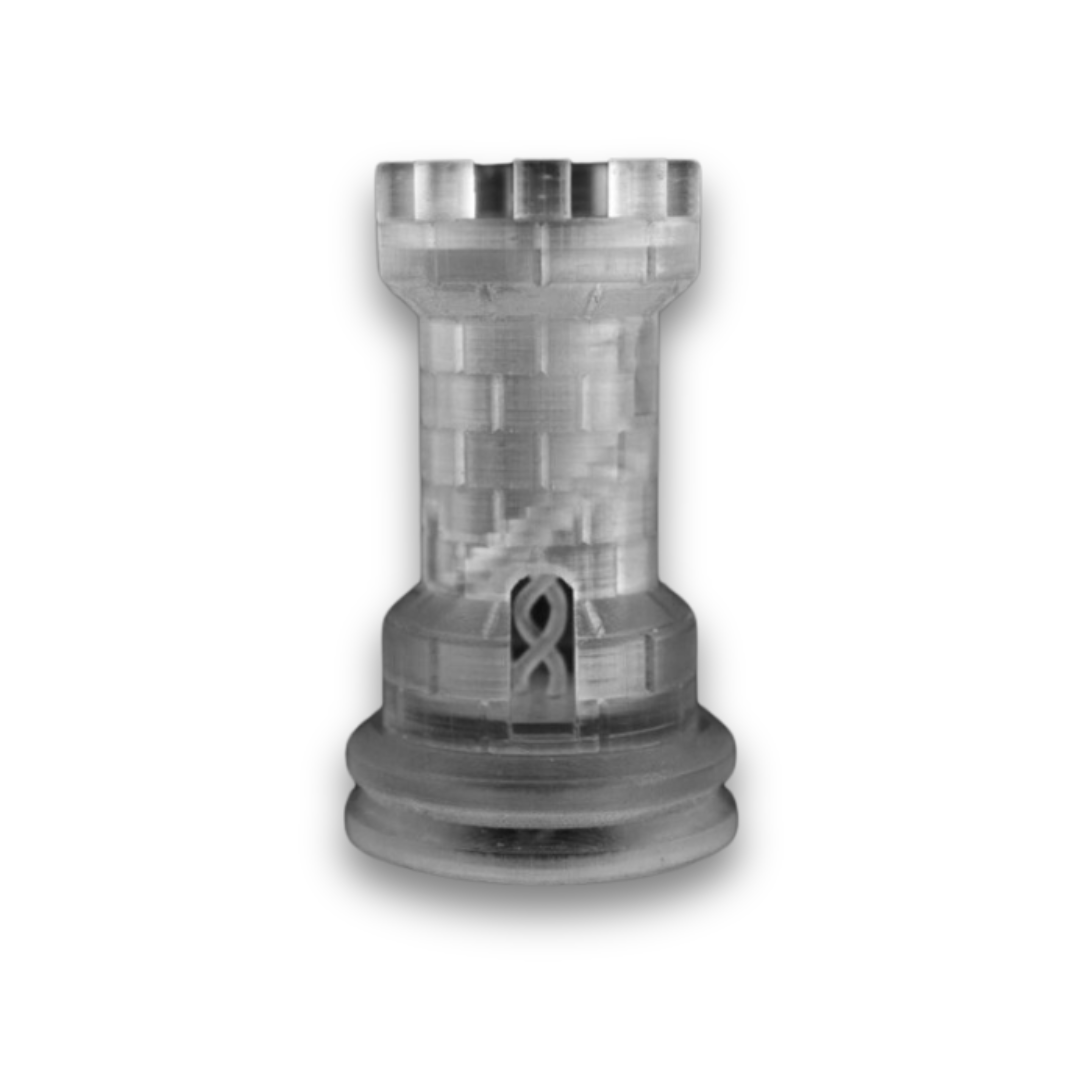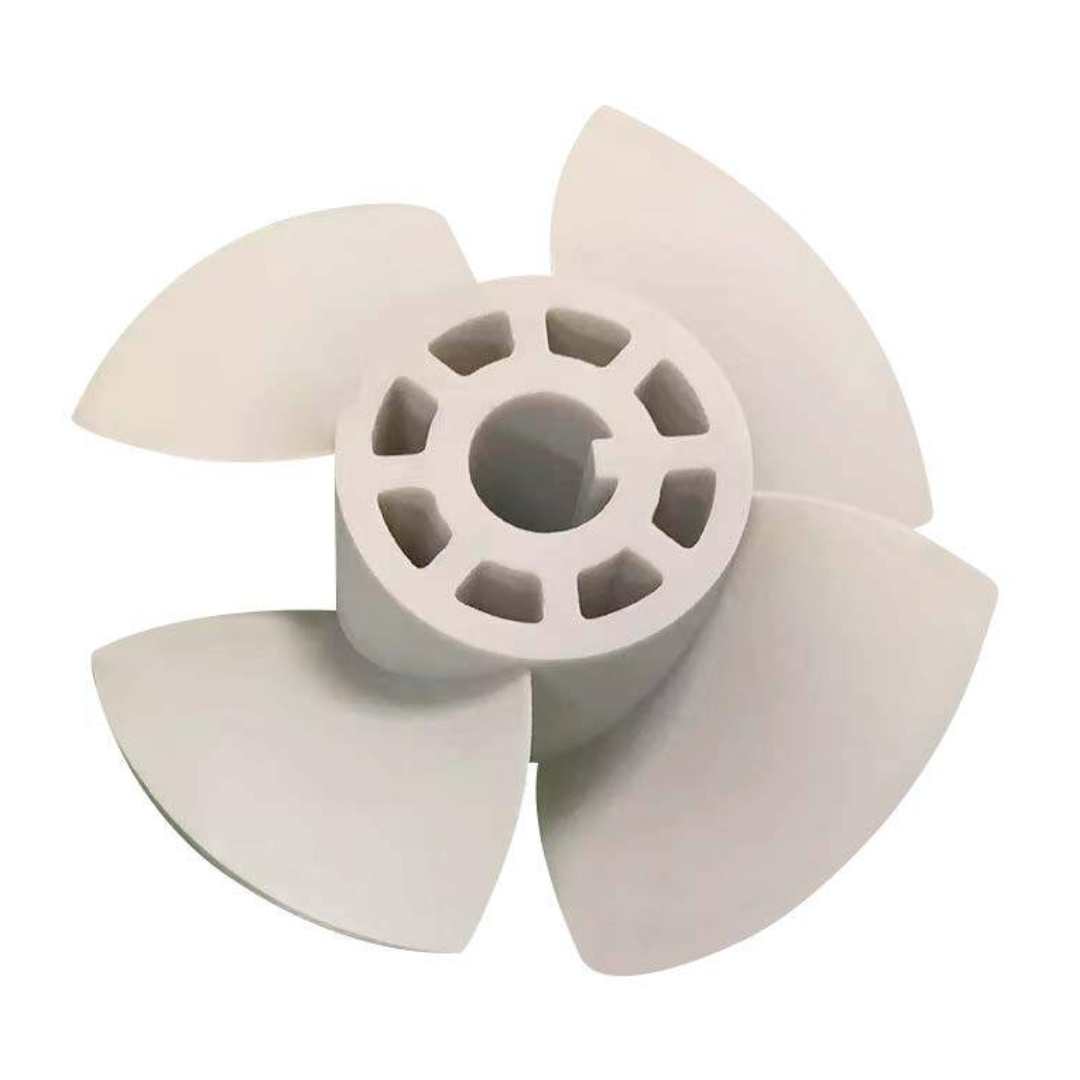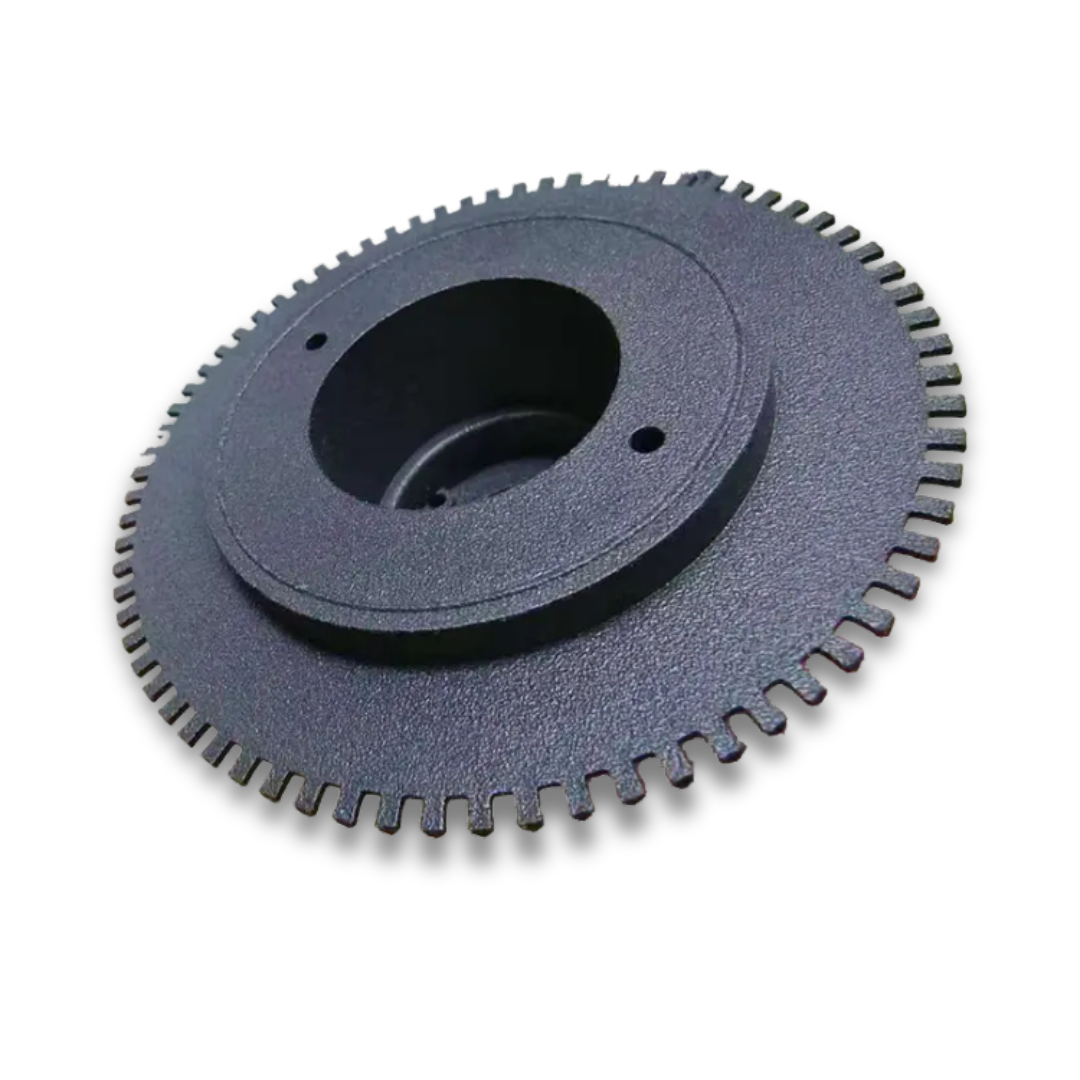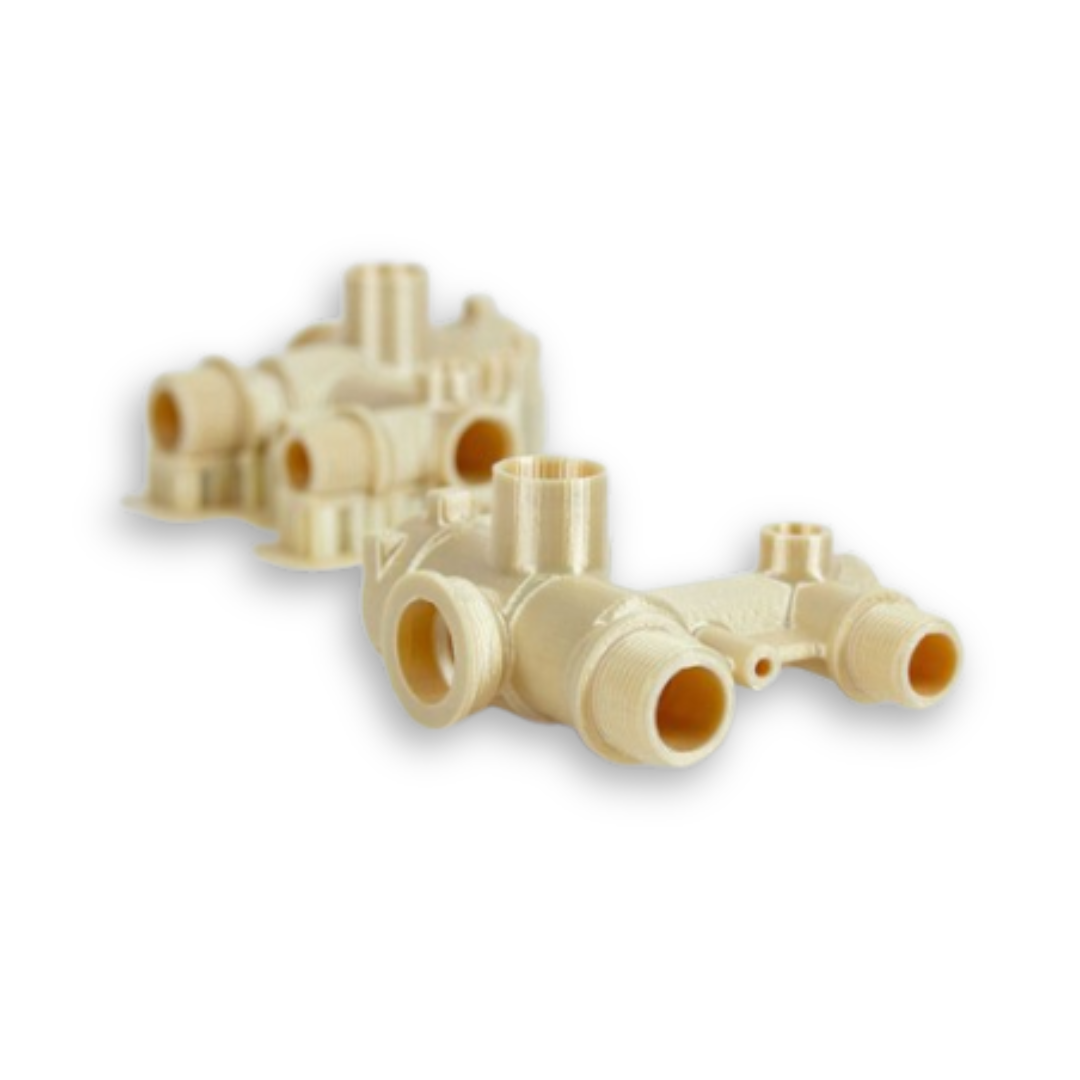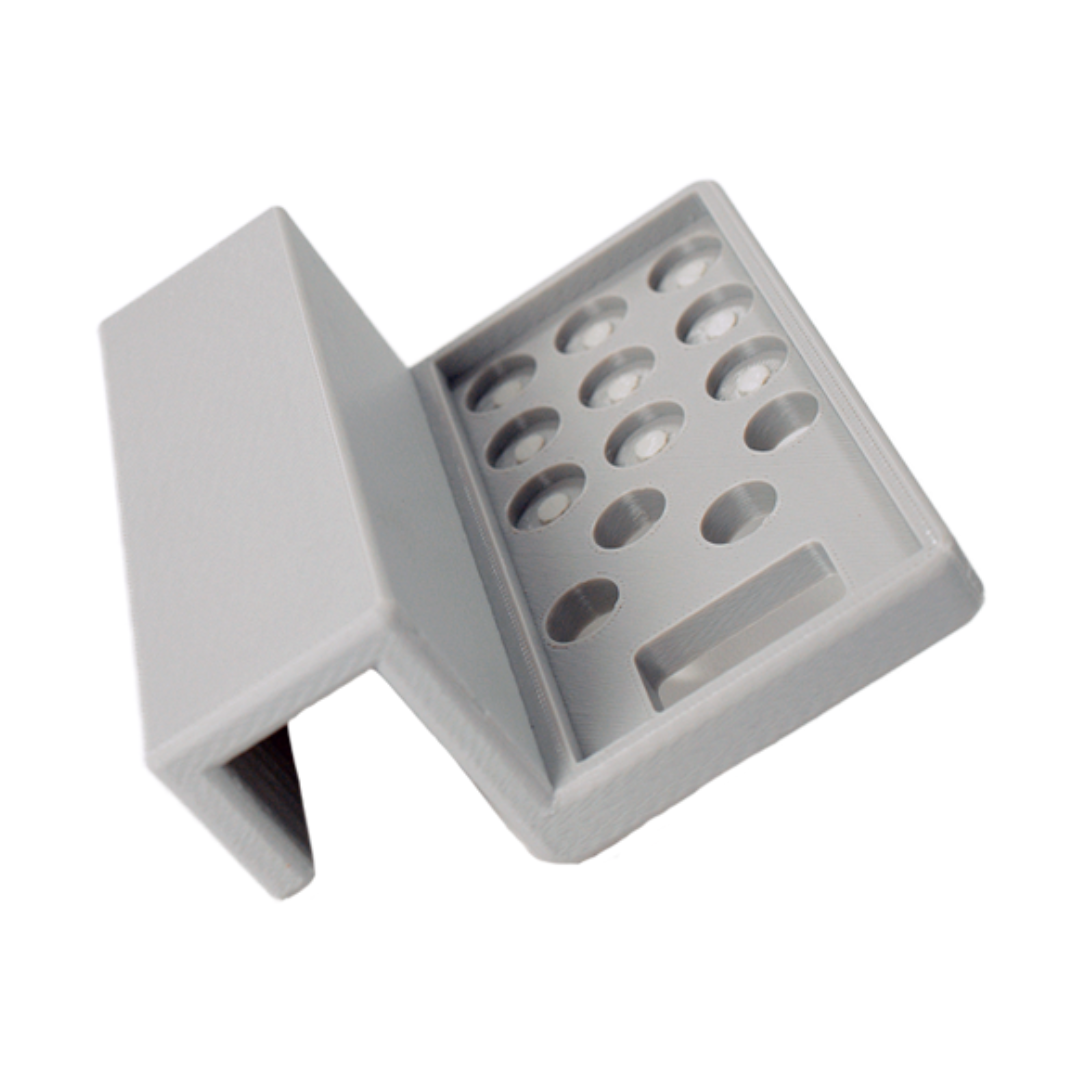Vacuum Casting
An ideal solution for fabricating high-quality prototypes and small-batch parts for different applications. At Projet, we can fabricate the parts at the highest standard, as well as cost-efficient and with fast turnarounds.
Manufacturing with Vacuum Casting
Also known as urethane casting, is a manufacturing process that provides end-use, rigid, flexible, and rubber parts with production-level quality. The vacuum casting process utilizes a master pattern to create a silicone Mold, an alternative to low-volume injection molding.
Vacuum-cast parts are commonly employed when colour, surface quality, and toughness are paramount. It serves as an ideal alternative for insert molding in low volumes and is compatible with a wide range of materials. Vacuum-cast parts can be clear, colour-matched, painted, have installed inserts, and even custom finishing. We can also add glass fibres to increase the stiffness of ABS and nylon for even more design options.
Advantages :
- Low tooling cost
- Molds can be made in a few days
- Cast copies are highly accurate with excellent surface texture
- Molds are durable for 20 or more copies
The vacuum casting process comprises three major steps:
Molding
The second step involves encasing the 3D printed master pattern in liquid silicone, which cures around the pattern. The silicone encapsulates all the features of the printed parts. After curing, the Mold is cut into distinct halves, and the master pattern or 3D printed part is removed, leaving an internal cavity precisely shaped like the desired part.
Pouring
The final step of the vacuum casting process involves pouring silicone into the prepared Mold. The Mold is then placed in a chamber to remove air bubbles from the liquid material. For opaque parts, the chamber is typically pressurized, while for clear parts, a vacuum is applied to eliminate bubbles and enhance clarity. Once cured, the silicone halves are separated, and the newly formed part is removed. This process is repeated until the desired quantity is achieved.
Why choose vacuum casting over 3D printing and others?
A crucial differentiation between vacuum casting and 3D printing lies in material performance and quality. Vacuum casting provides access to higher-performing materials that closely emulate those employed in commercial products. Moreover, vacuum cast parts typically exhibit superior fit and finish. If material performance and appearance are paramount considerations for the project, opting for vacuum casting is a highly recommended choice.
3D printing processes, on the other hand, build parts layer by layer from powder or liquid plastic. One of the most significant advantages of 3D printing is that it’s much faster than vacuum casting. If speed and cost are the top priorities, then 3D printing is likely the better option. But vacuum casting is the way to go if the product need high accuracy and detail.
Which is better, between vacuum casting and injection molding?
The choice between the two methods depends on budget, production volume, and product complexity. Vacuum casting is better suited for producing small quantities of complex parts with fine details, while injection molding is ideal in large production runs.
| Process capability | Vacuum casting | Injection molding |
|---|---|---|
| Efficient design stage | ✓ | X |
| Prototype iterations | ✓ | X |
| Large parts | ✓ | ✓ |
| Intricate details | X | ✓ |
| Adapts to modification | ✓ | X |
| Tooling cost | X | ✓ |
Available materials
Silicone is known for its high flexibility and temperature resistance. It is ideal for creating parts with intricate geometries and where high precision is required, such as in the aerospace industry.
Versatile polyurethane plastic resin that is analogous to ABS thermoplastic. Hard, rigid, and impact resistant, it is ideal for different products.
Stiff, transparent urethane resin simulating acrylic. It is hard, with medium to high strength and good clarity for see-through products.
Rigid, high-impact, and clear material with a wide variety of uses. Easy to machine and finish, simulating polycarbonate.
Polyurethane plastic resin, simulating rubber-like materials like TPU, TPE and silicone rubber. Hardness ranging from shore A 20 to 90.
Gaming controller
| Material | ABS-like |
| Industry | E&E |
Stand
| Material | ABS-like |
| Industry | E&E |
Enclosure
| Material | Elastomer |
| Industry | FMCG |
Coloured tubes
| Material | PMMA |
| Industry | E&E |
Handle
| Material | PC-like |
| Industry | Automotive |
Cover
| Material | PU |
| Industry | FMCG |
Transparent lens
| Material | PMMA |
| Industry | Automotive |
Our competencies
We are a highly dependable mechanical powerhouse with an extensive array of additive manufacturing (3D Printing) & subtractive manufacturing capabilities. Catering from one-off prototyping to low-volume production, we offer solutions that span from basic to industrial, including cosmetic finishing manufacturing.
3D Printing
SLS,SLA,SLM,FDM,MJF,PµSL
- Tolerances accuracy ± 0.02 mm
- Tolerances accuracy ± 0.20 mm
- Class 1 surface finishing
- Engineering grade material
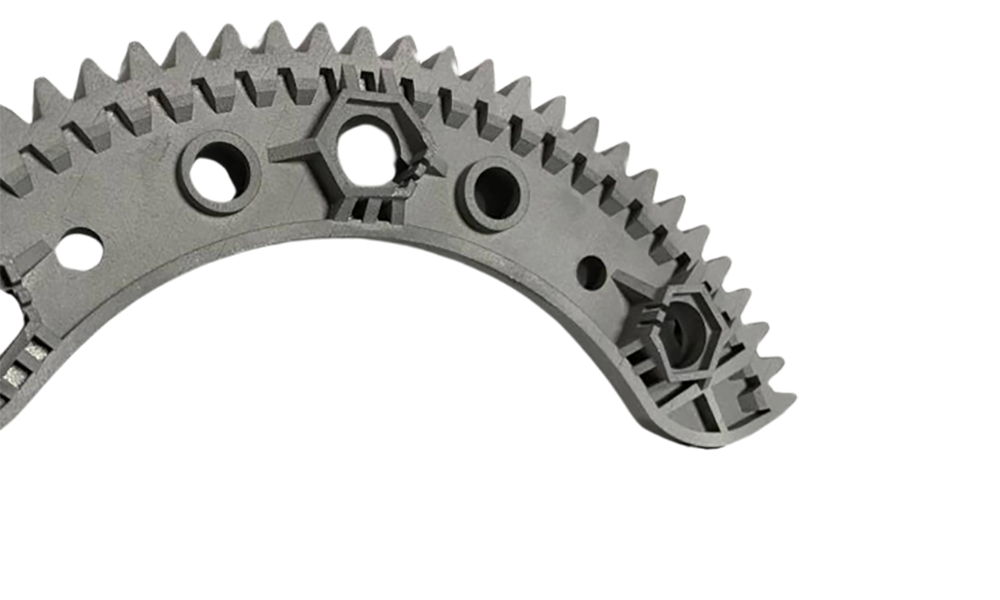
Laser Cutting
CO2 Laser
- Bending, welding
- Stainless steel, aluminium
- Thermoplastic, tapes & gaskets
- Cutting, boring, engraving, etching
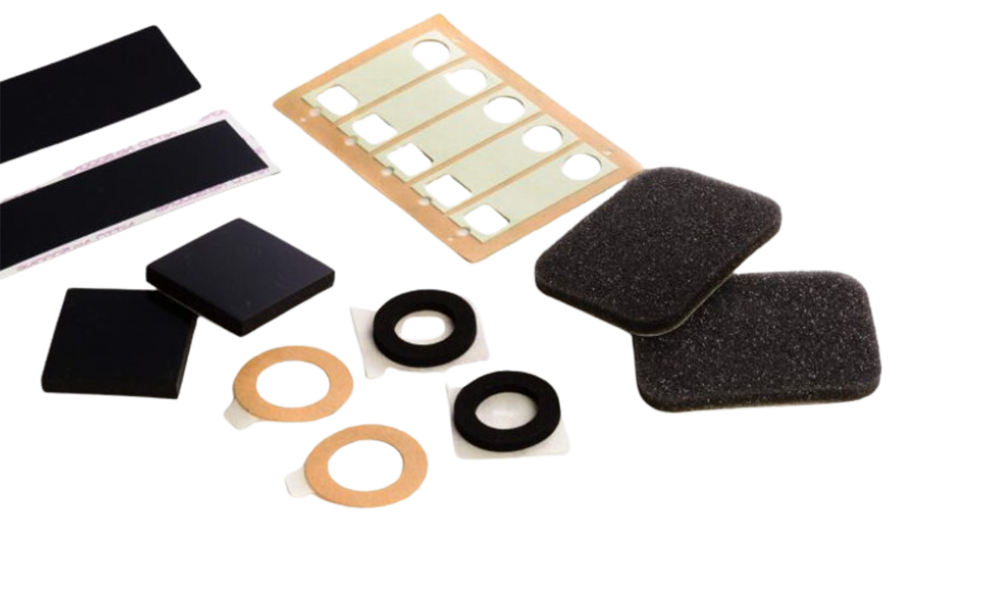
Vacuum Casting
Urethane Casting
- Material flexibility
- High transparency
- Production-like parts
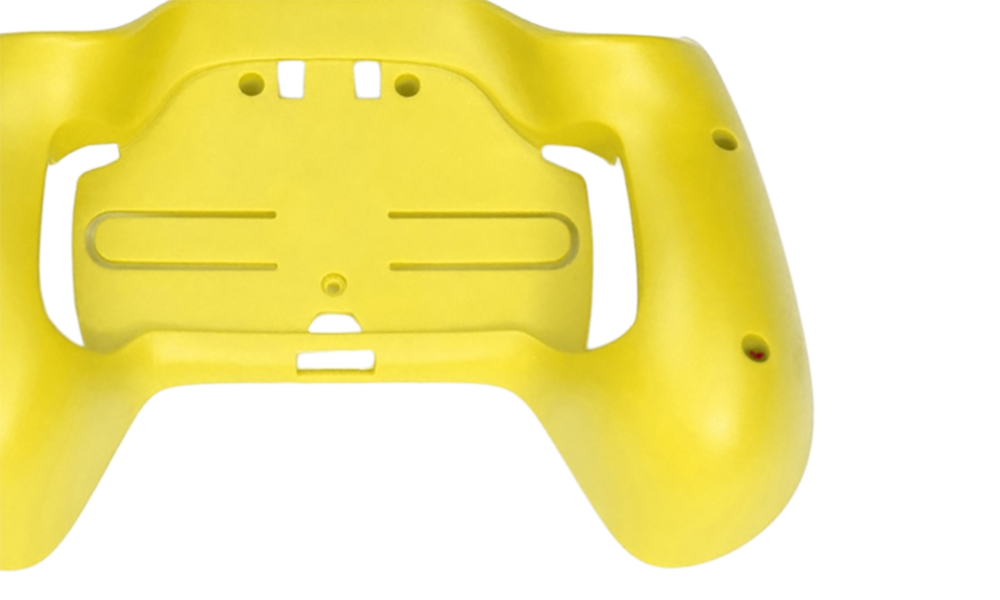
CNC Machining
Milling, Turning
- Tolerances down to ± 0.03 mm
- 3 & 5 axis
- Anodizing, powder coating
- Wide range of material
Start your next project with us today
Manufacturing limitless possibilities with industrial fabrication solutions.


